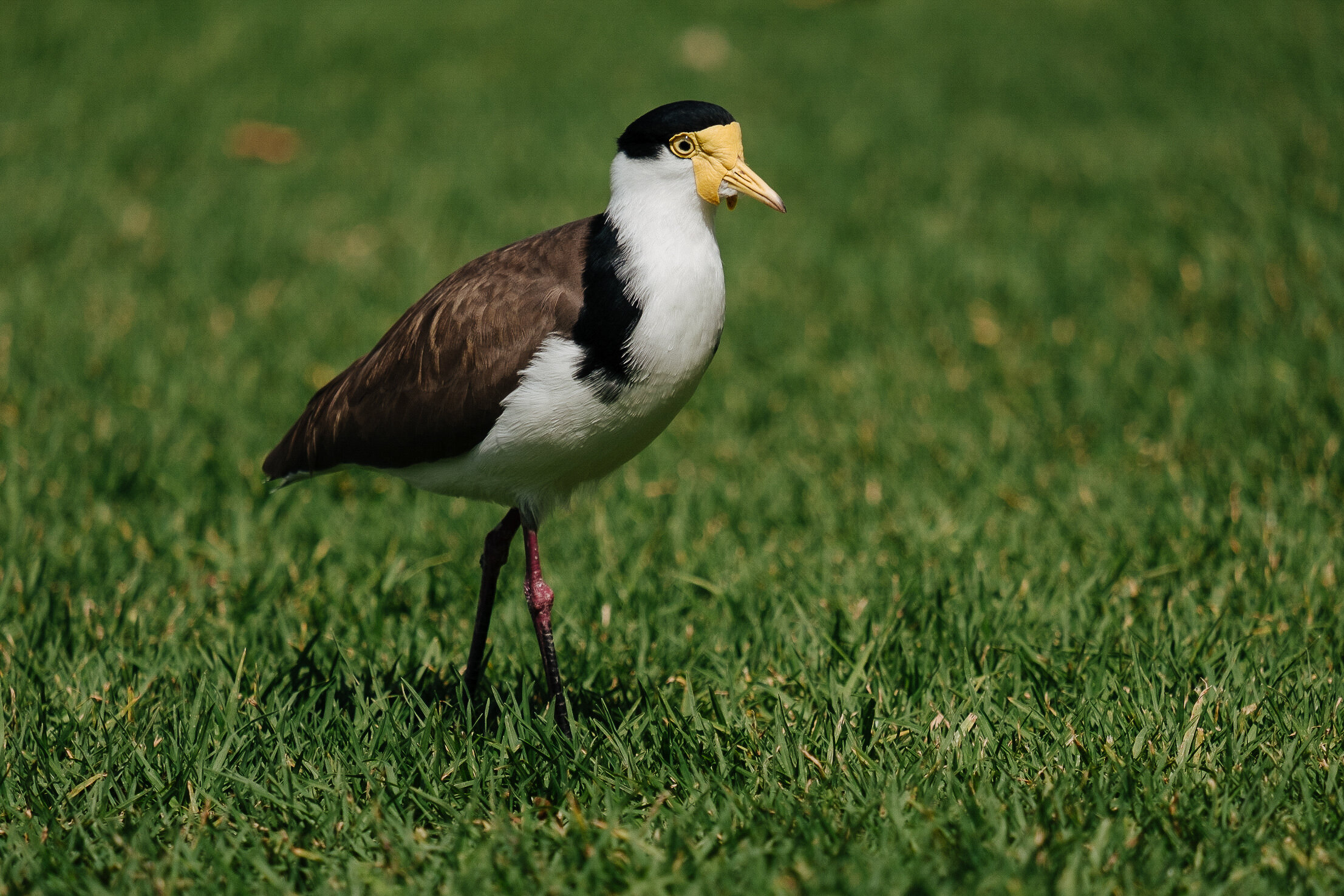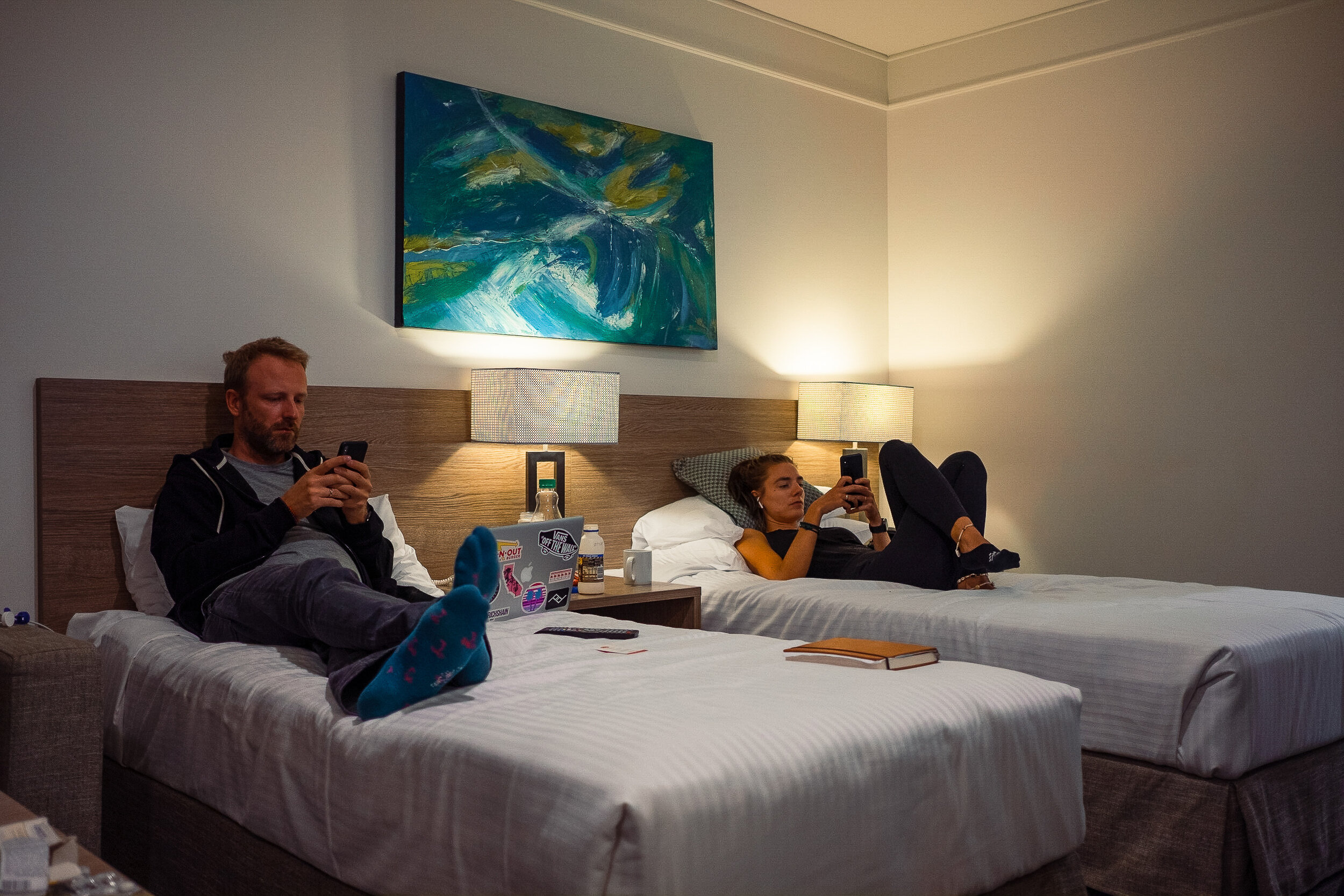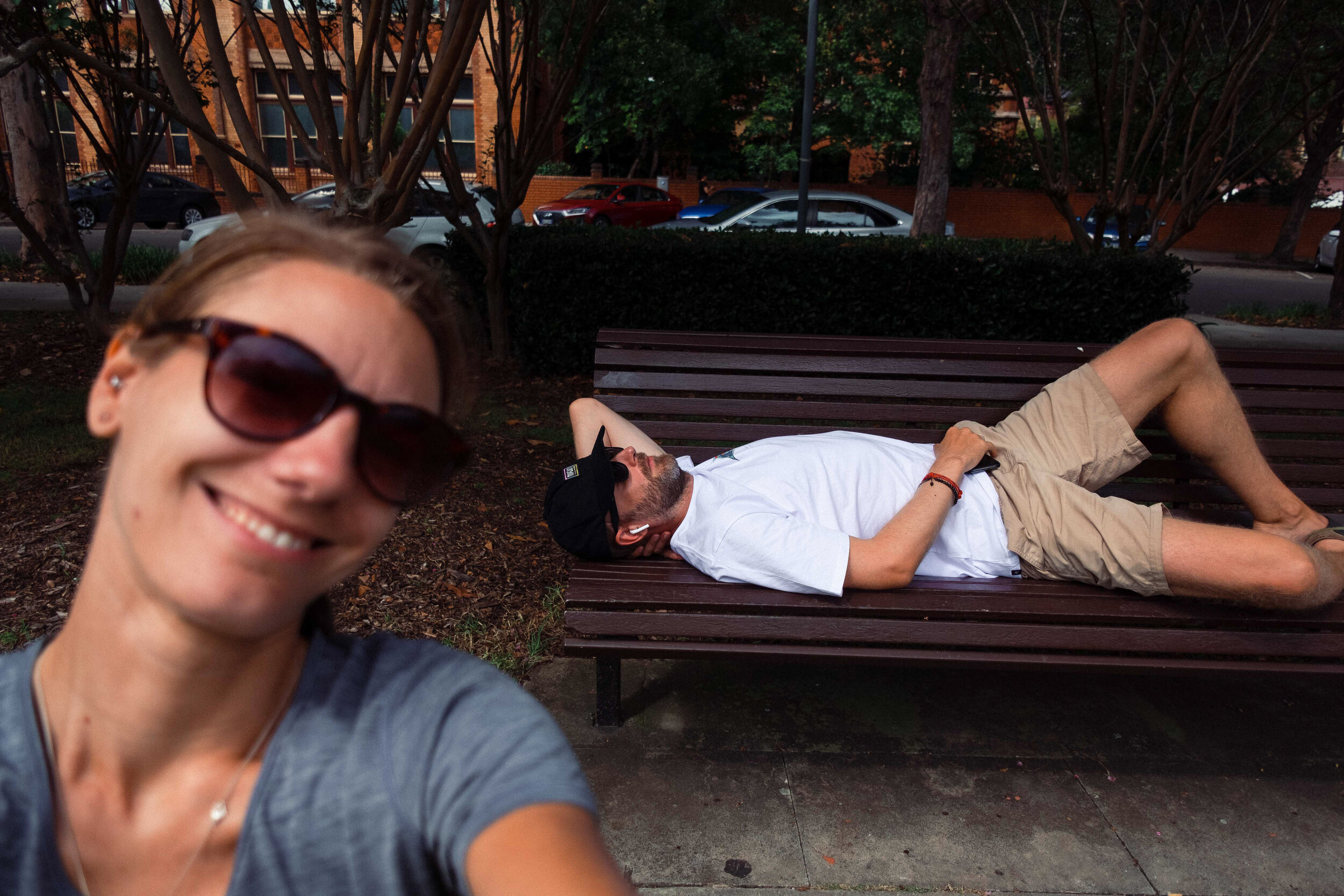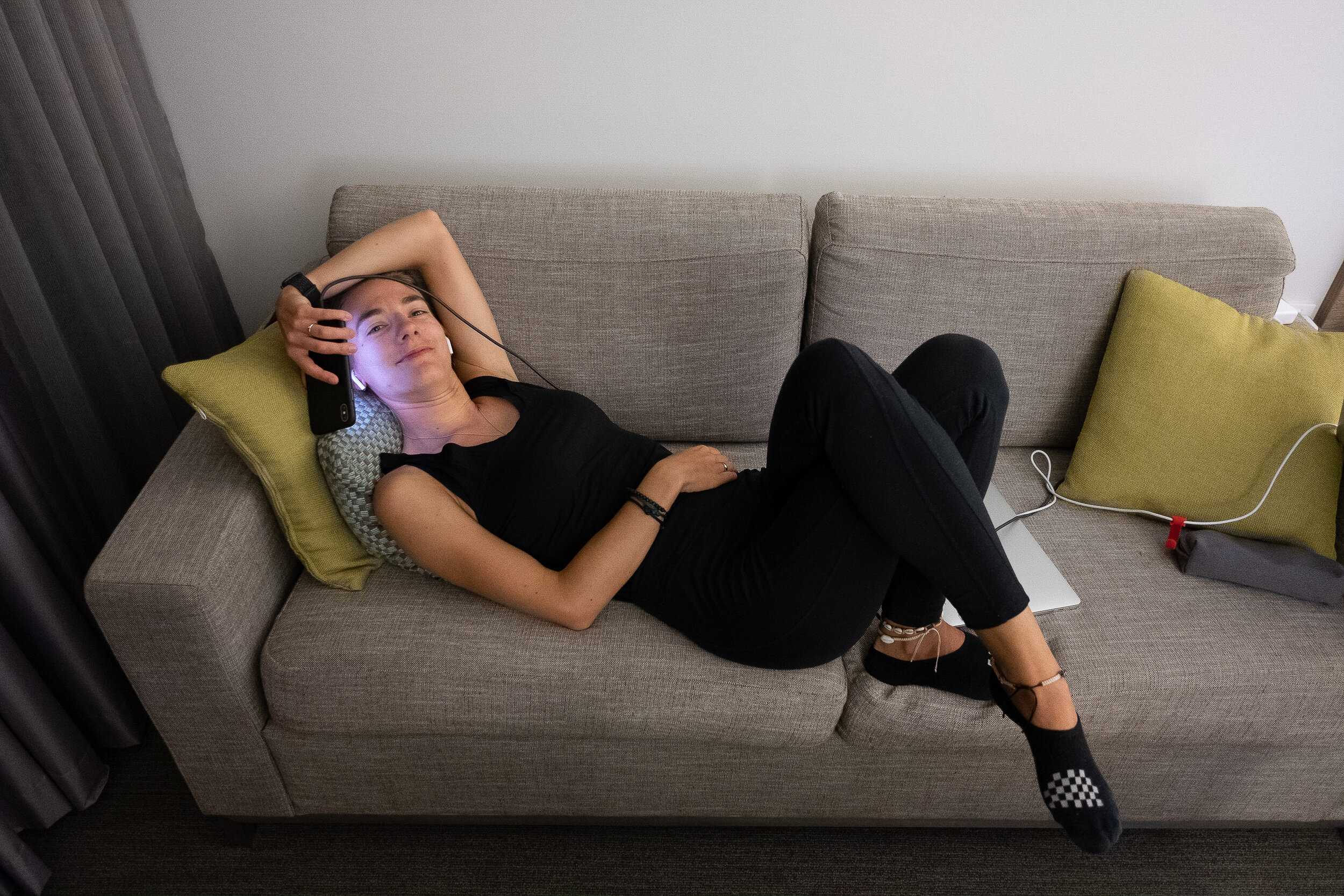Stuck in Sydney... #COVID19
We are currently in Australia in the third month of our world trip. Never on this trip, I had so many doubts. Should we stay in Australia or should we go back to Europe? Should we buy these flights for €1.500 p.p. or should we wait for a message from the embassy or the ministry of foreign affairs? Which transit options and commercial flights have the least chance of being cancelled in the next few days? Is it safe to transit in Canada, Japan or Qatar? What is the right thing to do?
What happened in the last 3 weeks?
Arrival in Australia
Rewind to March 12: after spending 3,5 amazing weeks in the Philippines, we flew from Busuanga Airport via Manila to Melbourne. We had already booked these flights before we even got to the Philippines, as an outbound flight within 30 days after arrival is required to enter the country. On March 12, it still felt like the right thing to do to go to Australia. It was the time when things were getting pretty bad in Europe. Italy, 12.462 cases. Germany, 1.567 cases. The Netherlands, 503 cases (numbers from WHO). We seemed to be better off in Australia and we didn’t have a place to go in Europe anyway. At that time, most of the 122 cases in Australia dated back to the arrival of the cruise ship Ruby Princess and the cases weren’t increasing much. Upon arrival we didn’t experience any health controls or fever checks at Melbourne airport (like we had in Malaysia and the Philippines), we just had to confirm we had not been in China, Iran or Italy in the past 14 days and we could enter the country. We arrived in our Airbnb at 1:30 AM after a travel day of over 12 hours, felt safe to be in Australia and fell asleep directly.
Lock down in Manila and cancellation of Formula 1 in Melbourne
The next day we received a message from a German couple we met in Coron (Philippines): “You left just in time, the Philippines will be shutting down all domestic travel (ferries and flights) in two days. Manila will go in a lockdown and one hour flights to Manila cost over €700 and are impossible to get”. From the two man from New Zealand, who were staying with us in the Airbnb, we heard that the Formula 1 in Melbourne was cancelled. They were here to work at the event and would fly back home earlier now. Friends at home were still optimistic and joking to us: “Better stay safe in Australia, the situation here is much worse!”. It didn’t feel right anymore to stay here and we started looking for flight tickets to go back home. There were still many affordable last minute flights available, which gave us a good feeling.
COVID-19 measures in Australia
Three days after our arrival in Australia, the number of COVID-19 cases started to increase and quick measures were taken by the government. International arriving travelers should go in self isolation for 14 days. A few days later the borders got completely closed to international travelers and events with 100+ attendees got cancelled as well. In the meantime we already left Melbourne, we were avoiding mass gatherings and we felt relieved to be in nature without many people around us. We enjoyed the stunning nature along the Great Ocean Road and continued our trip to Sydney. We arrived in Sydney on March 20 and the number of cases increased from 122 when we arrived, to 709 just 8 days later. We decided this is not the right time to travel and we booked the first affordable tickets to go back home.
What is the current situation in Australia?
March 30: 4,197 cases, 12 deaths. The number of cases is increasing by roughly 300 a day and the Australian government is trying to flatten the curve by taking many (good!) measures. Some of them include:
State borders and non-essential business (incl. campgrounds, national parks, beaches, etc.) are closed.
Public gatherings are limited to 2 people.
Australians arriving home from overseas have to go into mandatory quarantine in hotels.
The Guardian Australia is a reliable news source to follow if you want to know more.
Where are we now?
We are stying in the Metro Aspire Hotel in Sydney. It is the best room we have stayed in on our whole trip so far! Comfortable beds, a balcony, a mini bar, a kettle, a couch, a smart TV, a private bathroom. We have everything we need and are extremely grateful to have a roof above our head, to be safe here and for the extremely helpful and friendly staff at the reception. Hotels may still operate in Australia for accommodation (the bar, restaurant and room services are closed). It is really not too bad to spend most of our time here. The hotel is located in Ultimo, a very much residential area with a park, a cafe (still open for take away) and a supermarkt nearby. In some weird way, we feel very much at home here as we don’t leave our neighborhood and the reception staff is almost like family to us (extreme situations are good for bonding…).
Why do we want to go home?
We don’t really want to go home. After two years of dreaming, saving money and planning, we are finally living our dream of being on a world trip. We were living in Berlin but we don’t have an apartment anymore, we don’t have jobs, we aren’t even covered by our travel health insurance in Germany. Also hopping on a plane with 500 other people doesn’t feel responsible in these times. But staying in Sydney feels even worse. We don’t know how the situation in Australia will evolve. What if things come as bad as in Italy? What if hotels will be closing? What if our Visa expires? What if our travel health insurance changes its policy? What if something happens to our families and we have really no options left to get home? The best option is going to the Netherlands, to be close (not too close) to my (Marjoleins) family. We don’t know what the future brings so we based our decision on what feels right. And it feels safer to go home.
Why is it so hard to get back home?
Affordable and reliable flights hardly available
When we decided to go back home, we booked the first affordable and most reliable flights we could find. We were relieved when we found tickets with Etihad from Sydney via Abu Dhabi to Amsterdam, departing on March 24. €1.500 for a one way economy flight per person. Not cheap but we didn’t mind to pay a little (lot) more, we just wanted to go home and Abu Dhabi still seemed to be a reliable transit hub at that time. We called our parents and we were all relieved that we soon would be (close to) home.
Transit options decreasing massively
8 hours before our scheduled departure, my phone was ringing. Never a good sign if my parents call me at 7:00 AM and indeed: our flights got cancelled. The UAE closed their borders for transit with almost immediate effect. We got a little stressed and spent hours looking for other flights. What about Canada? Japan? Thailand? Can we transit there? No, for transiting in Bangkok a negative test result for COVID-19 is required. The flights over Canada got cancelled just a few hours later. Booking flights became a gamble.
We tried to stay calm and wait a little. We registered ourselves to the rescue lists from the Dutch and German governments, that just got launched. Together with the embassies, airlines and insurance companies they are working extremely hard to get Dutch and German citizens back home.
One day later (March 25) we received an email from the German embassy in Australia. Qatar Airways is offering more flights with a transit in Doha and they strongly recommended to book a flight with Qatar as soon as possible. It took us three hours, many ‘this fare is not available anymore’ notifications and countless CAPTCHA errors but we managed to get ‘affordable flights’ via the Qatar app! We paid another €1.400 euro per person and it felt like we won the lottery (most other flights cost over €20.000). We still hope (and are quit confident) to get back home with Qatar soon.
Repatriation flights take time
There are no repatriation flights planned yet to get people home from Australia, as commercial flights are still operating. The governments are focussing on getting back people stuck in countries in much worse conditions, which is understandable and the right thing to do. Transit options are limited and it is a hell of a job for the government to plan these flights.
How does a day stuck in Sydney look like?
Most of the time we spend in our hotel room. When we wake up, we check the latest Australian, German and Dutch news as well as the international flight schedules and the status of our flight. Then we go out to our favorite cafe next door (The Crown) for breakfast. They are located just 80 meters from our hotel and offer amazing chai latte and avocado toast for take away. Usually we go for a walk around the block. Do some yoga, journaling or listening to podcasts in the Mary Ann Street Park nearby. There is a lot of beauty around the corner and we enjoy walking around in our neighbourhood with its historical town houses and greenery (sometimes we spot some exotic birds!). Every few days we head to the supermarket for some fruits, veggies, nuts and noodle soup (we don’t have a kitchen so our cooking options are limited). Around 5:00 PM, the first people in Europe wake and we spend most of our evenings video calling with family and friends at home or with travelers in the same situation. The rest of the time we spend photo editing, talking with each other or watching Netflix (still a lot to catch up with). We aren’t bored yet and the days are - surprisingly - flying by really fast.
How are we?
We have our ups and downs. Sometimes I feel a little sad for a minute, wishing that we would be driving our campervan along the Australian east coast at this moment, like we had planned to do. But it is what it is. We are all in the same boat and there are people in much worse situations. My heart breaks if I think about the people we met in the Philippines, who earned barely enough money with tourism to feed their families. Or when I think about the hyper inflated prices for food in Venezuela. As always, this crisis hits the people the most that have the least.
So most of the time we feel just extremely grateful for everything that we have. We are healthy, and so are our families. We have each other and are happier than ever to spend so much time together. We still have money on our bank accounts. We have a safe place to stay. We have modern technology and can spend hours video calling with our friends and family all over the world (we never felt so far away and yet so close at the same time). We both have an EU passport and our governments are taking the right measures on so many levels. We had 2,5 amazing months of traveling the world and made amazing memories together. We can always count on our families and close friends, that help us whereever they can.
We have everything that really matters in life and that makes us feel very happy and privileged.
What is our plan?
We keep our fingers crossed that our flight on Tuesday won’t get cancelled. The main risk is our domestic flight from Sydney to Melbourne but as of now, the flight is still scheduled to be ‘on time’. We will be flying to Amsterdam and we can rent an apartment in Haarlem from a friend of my brother (thanks to everybody looking with us for places to stay!) to go in self quarantaine for 14 days. Enough time to recover from our jetlag! If we’re still healthy after 14 days, we will move in with my parents until it is safe and responsible to travel again. We can’t wait for the 2.0 version of our world trip as soon as the Corona crisis is over.
I hope you are all staying safe, healthy and at home (if you can). If you are working in the medical or in another essential sector to keep our society going: THANK YOU.
Let us know if you have any questions of if there is anything we can do for you to help you out! And if you are interested to see how our story continues, you can follow us on Instagram @onatravelmission for live updates.












